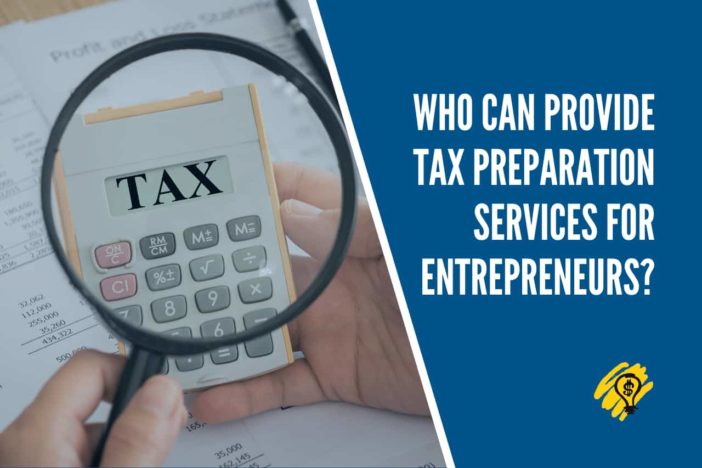The 1099-MISC is a form filed by businesses for independent contractors. The IRS requires that this form be filed by January 31st for the previous calendar year. If you do not file this form by the deadline, you are subject to a $50 late filing penalty.
That’s why you’ll need to be watchful before you miss a filing, as the penalty can have further implications. All isn’t lost yet. When you have filed late, there are still a few things you can do. For example, you can file for an extension.
How To Avoid Being Late
The only way you are avoiding the late filing of your 1099 form is by preparation. First, you have already seen that you have until January 31st to file for the previous year. That makes it easy to come up with a plan to ensure you file on time.
You first need to understand what the 1099 form is and what it entails before you file. If you don’t understand it, you may think it doesn’t apply to you. For example, there are a few things to understand, like income tax.
When you earn $400 from self-employment, this amount can be more; you must file an income tax return. When you have made less than $400, you still have to file income tax income. In the second scenario, you have to have earned a bit more from other sources.
Educate yourself more about the 1099 form, as this ensures you don’t feel exempted and trigger a late filing. This will come with numerous penalties depending on the type of business you’re in.
When To Consider Filing For An Extension
The world doesn’t end when you’re late with your 1099 filing, though you need to keep it in mind. You don’t want to fall to the grasp of the IRS because you ignored the 1099 filing. There are still things you can do when you’re late with your 1099 filing. You’ll, of course, still have to deal with the 1099 late filing penalty though it won’t be worse. There are different criteria by which late filing may be judged and may cause various ramifications.
For example, a small business is judged on the gross receipts being below $5 million or less. Large companies are judged on their ability to gross anywhere from $5 million and above.
Lateness for filing is also categorized differently. For example
Less than 30 days Late – when you’re less than 30 days late in filing 1099, you have to pay at least $50 per form. It isn’t an infinite penalty, though; there’s a limit of $194500, that’s for the small businesses- these are businesses based on below $5 million.
The penalty for each form for the big businesses is the same at $50 per form and capped at $556,500. This, remember, is for filing within 30 days. If you are late longer than 30 days, you will have to deal with a charge a bit higher.
Before August 1st
You can also be later than the 30 days above, but you can still file before August 1st. This is where you are 30 plus days late. Here, the penalty goes a notch higher and is set for around $110 per form.
The maximum cap here is set for $556,500 for small businesses. You’ll have to pay a bit higher for the large companies per form; it remains the same, though. Here, you will part with at most $1,669,500.
After August 1st
You still have a chance when you have missed the before 30-day filing and the after 30 plus, but before August 1st filing, you still have a chance. But this will now cost you even more as you have to part with $270 per late form.
Here, the small business penalty cap is set at $1,113,000, and large businesses have to pay a maximum of $3,339,000.
Refusal To Pay

You can also miss out on all the timelines you have seen above, making the IRS brand you non-compliant. And that may lead to heftier penalties than the $270 max for late filing.
When you are at this point, the only thing that can save you from tough penalties is if you aren’t intentional in the filing. When they do determine you didn’t file due to what they term as “intentional disregard,” is where you are likely to face jail.
Before you are termed as the “intentional disregard” class, you have to meet specific criteria, for example:
- You were required to file 1099
- You know 1099 had to be filed – you should have known also comes to play here
- You ignored to file on time
When you’re at this point, the stiff penalties that the IRS looks to impose include a $500 per return penalty. There was a cap for the late payment; when you’re deemed to ignore filing, there’s no cap. Here, the IRS can recover as much as possible from the time you had not filed.
Extension
You can also file an extension when it comes to 1099, and that has to be done before the deadline. When you think you will miss the filing deadline, you need to file for the extension as early as possible. You can’t wait for the deadline to lapse.
When you’re past the deadline, you have to pay the penalties and have no chance for an extension. There are different ways to file for an extension, and they are based on the need.
Some of the requirements include:
- Request for recipient copies – here is when you ask for an extension based on providing documents for 1099 recipients
- Request to file with the IRS – you must complete and file 8809 to receive the extension. And this has to be before the filing deadline.
As stated above, there are pretty hefty penalties when you fail to file 1099 correctly and on time. All hope isn’t lost, though, when you’re late as you still have at least two windows where you can file. They come with penalties but not as severe as the ones when you outrightly refuse. Here’s how you can avoid being late and what to do when you are.





